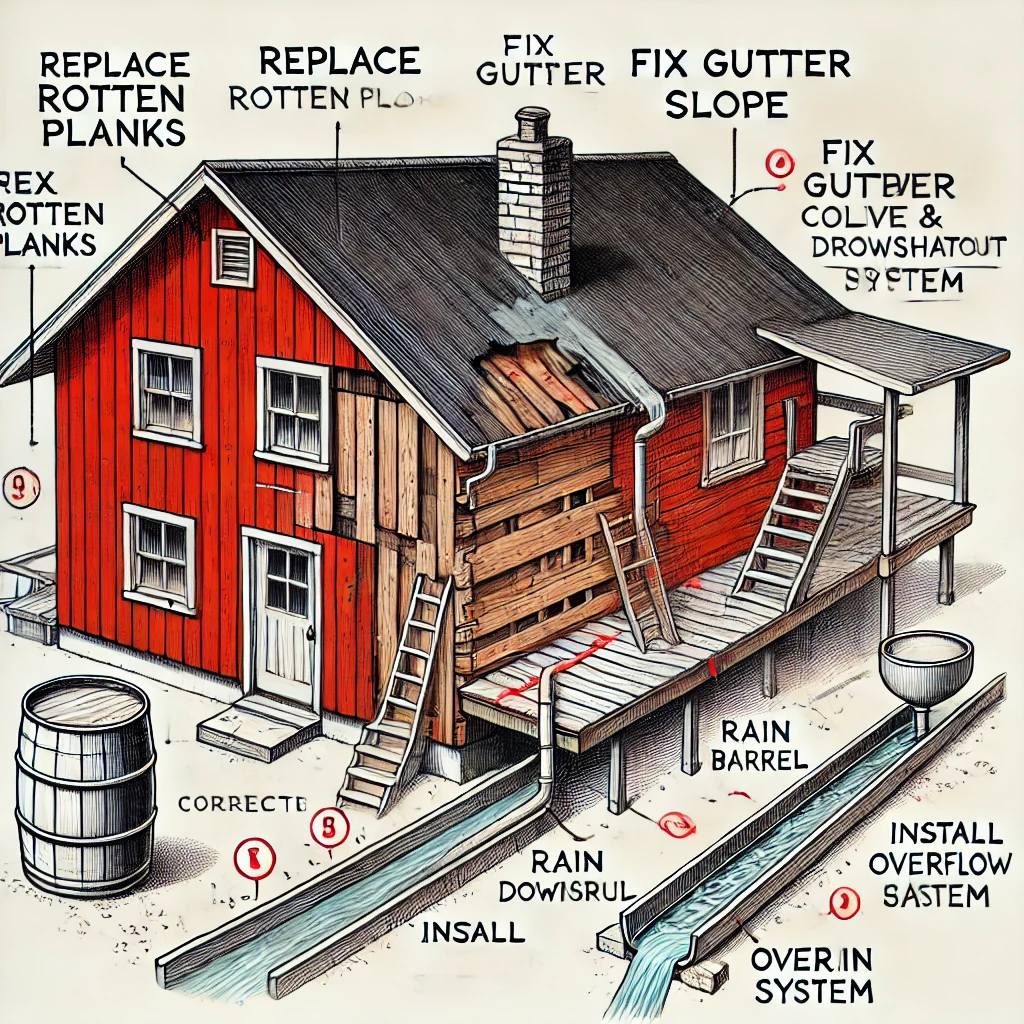
How blockchain is going to change industries – the easy guide
by bernt & torsten
Blockchain, an emerging technological innovation, is a method of documenting data via a digital ledger that records and verifies transactions, agreements, and contracts. The technology allows immediate transfer of digital assets and reduces – or completely removes – the need for intermediaries (e.g. banks and other financial service providers).
Bitcoin and other virtual currencies are made possible by what’s known as blockchain technology. Blockchain is essentially a global public ledger capable of automatically recording and verifying a high volume of digital transactions, regardless of location.
With this decentralized approach, blockchain helps stakeholders involved in a supply chain network or contract farming scheme – from the farmer, the wholesaler, the financial service provider, to the supermarket – to trade more quickly and in a transparent manner.
By eliminating the need for intermediaries, the evolution and uptake of the technology will disrupt banking, transport, insurance and, as a result, is likely to completely change the way we do business in coming years.
Blockchain
Blockchain will likely disrupt many industries in the coming 5 to 10 years. These are some of the industries it’s already started to disrupt.
- Banking and Payments – Many banks are working on adopting blockchain technology to make their business operations faster, more efficient and secure.
- Agriculture – Blockchain technology will allow a farmer to negotiate with an off-taker via a blockchain-enabled platform such as a mobile app, when they have to produce to sell and the off-taker, in turn, can rapidly transact with a distant wholesaler. The advantage to all is that payments can be made electronically, with or without a bank, and transactions are tracked and validated.
- Charity – Blockchain technology will track donations to make sure your money is going to end up in the right hands.
- Voting – Blockchain technology can be used for voter registration and identity verification, and electronic vote counting to ensure that only legitimate votes are counted, and no votes are changed or removed.
- Government – Blockchain technology can significantly reduce bureaucracy and increase security, efficiency, and transparency of government operations.
- Public Benefits – Blockchain technology can help assess, verify, and distribute welfare or unemployment benefits in a much more streamlined and secure way.
- Healthcare – Blockchain technology can allow hospitals to safely store data like medical records and share it with authorized professionals or patients. This can improve data security and can even help with the accuracy and speed of diagnosis.
- Energy Management – Blockchain technology can allow customers to buy and sell energy from each other in a peer-to-peer way.
- Supply Chain – With blockchain technology, transactions can be documented in a permanent decentralized record, and monitored securely and transparently. This can greatly reduce time delays and human mistakes. It can also be used to monitor costs, labor, and even waste and emissions at every point of the supply chain.
- Insurance – The blockchain is a new way of managing trust and can be used to verify many types of data in insurance contracts, such as the insured person’s identity.
- Private Transport and Ride Sharing – A blockchain can be used to create decentralized versions of peer-to-peer ridesharing apps, allowing both car owners and users to arrange terms and conditions in a secure way without third-party providers. The use of built-in e-wallets can allow car owners to automatically pay for parking, highway tolls, and electricity top-ups for their vehicles.
- Networking and the Internet of Things – Creation of a decentralized network of IoT devices. Operating like a public ledger for a large number of devices, it would eliminate the need for a central location to handle communications between them. The devices would be able to communicate with each other directly to update software, manage bugs, and monitor energy usage.
- Gift Cards and Loyalty Programs – Blockchains can help retailers offering gift cards and loyalty programs to make those systems cheaper and more secure. With fewer middlemen needed to process the issuing of cards and sales transactions, the process of acquiring and using blockchain-reliant gift cards is more efficient and cost-effective.
- Cyber Security – The blockchain’s ledger is public, its data communications are sent and verified using advanced cryptographic techniques – ensuring that data is coming from correct sources and that nothing is intercepted in the interim. This way the data is less prone to being hacked or changed without authorization.
- Cloud Storage – Blockchain technology allows cloud storage to be more secure and robust against attacks. Data on a centralized server is inherently vulnerable to hacking, data loss, or human error.
- Online Music – Blockchain technology can allow musicians to get paid directly from their fans, without giving up large percentages of sales to platforms or record companies.
- Retail – Blockchain technology can connect buyers and sellers without a middleman (store) and associated fees.
- Real Estate – Blockchain technology can speed up transactions by reducing the need for paper-based record keeping. It can also help with tracking, verifying ownership, ensuring the accuracy of documents, and transferring property deeds.
- Crowdfunding – In blockchain-based crowdfunding, trust is created through smart contracts and online reputation systems, which removes the need for a middle-man. New projects can raise funds by releasing their own tokens that represent value and can later be exchanged for products, services, or cash.
- Gun Tracking – The Blockchain’s distributed ledger offers several opportunities around gun ownership and usage. If gun possession-related information were logged and connected through blockchain, it could provide a connected infrastructure for tracking where weapons came from in the event of unlawful use.
- Wills and Inheritances – Blockchain technology will help in verifying the deceased’s actual death and make it easier to identify factual information, provide verifiable transaction data, and dismiss claims that are without merit.
- Human Resources – Blockchain technology will help in background checks and verifying employment histories.
If your industry deals with data or transactions of any kind, it is a field than can likely be disrupted by blockchain technology.
If you have questions or like to comments – you can do so below.

Tech Disillusionment
For four decades, I have worked in the tech industry. I started in the 1980s when computing...

A Poem: The Consultant's Message
On a Friday, cold and gray,
The message came, sharp as steel,
Not from those we...

Using AI to Plan Wall Repair and Gutter Installation
In this article, I will share my experience using AI to plan the work required to fix a wall...